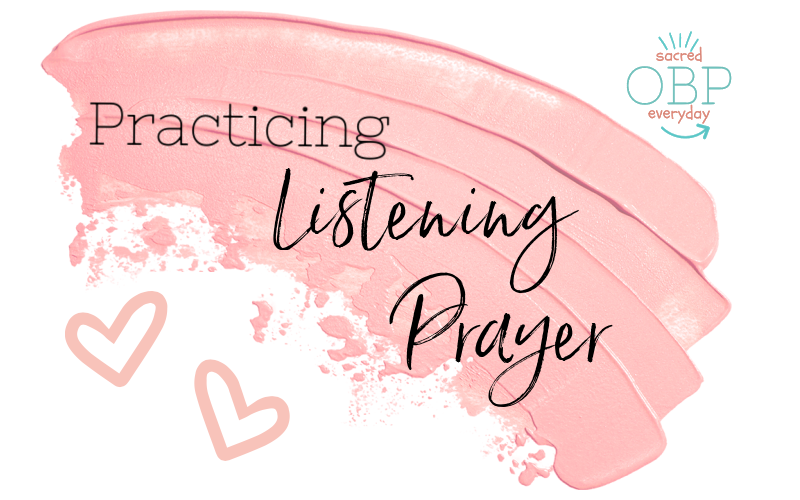12 Ways to Live a Life of Purpose in 2012, Part 1
“That you may walk worthy of the Lord, fully pleasing Him, being fruitful in every good work and increasing in the knowledge of God;” Colossians 1:10
Happy New Year!
The start of a new year is always exciting, because I feel like I’ve got a clean slate ahead of me with lots of possibilities. One theme that has been running through my mind is that I want to live a life of purpose in 2012. Mary and I have jotted down some ways we’re going to try to do that this year, and we wanted to share those with you.
So, here’s the first four items on our list:
1. Get involved in something bigger than yourself. It’s easy to get so caught up in our own lives so that all we think about is ourselves and our situations. When we are going though a difficult time, we tend to think the world revolves around us and our situation because we are so inner focused. Having a cause that is outside of yourself is one of the best ways to maintain your stability and a healthy spiritual and mental outlook. It’s a wonderful antidote to depression.
Even if you are physically incapacitated, you can still be involved in world matters simply by praying. I know two women who are just about housebound because of health problems. One of them is actively involved in placing at-risk children in temporary housing, and the other one has a vibrant prayer ministry for people all around the world. Both of them do these activities from their homes.
Here’s a few ideas to get you started on finding a cause to be involved with:
- Volunteer at a soup kitchen or homeless shelter.
- Extend a micro-loan to a struggling entrepreneur through Kiva and then pray for that person.
- Become a tutor for adults or children.
- Prepare a meal for shut-ins.
- Volunteer at your church.
- Pray for persecuted Christians. You can find information at Open Doors or Voice of the Martyrs.
- Mentor a person younger than you.
- Join something God may be calling you to like the choir, drama group or teen ministry at church.
- If you are housebound, ask some of your favorite ministries at your church if there are ways you can volunteer for them from your home. Maybe you could put together their monthly newsletter. Many ministries are also in desperate need of someone to handle grant writing for them. This is a skill that you can easily learn from your home through an online class. Here is a class that you pay for that teaches you the grant-writing process (https://www.ed2go.com/online-courses/grant-writing-a-to-z.html), but I’ve also seen free tutorials; also often times the ministry itself will train you to do this if you volunteer for them.
2. Pray faithfully for your family. Sometimes we forget to pray for our families because we are busy praying for other people. Or, we may get discouraged if we don’t quickly see the changes we want to see. Make it a priority to pray for your family. Write down in a safe place detailed requests and perhaps some scripture that relates to the situation and then pray for them several times a week. Remember to record any changes you see in your family–and you– so that you have a record of God working in your lives.
3. Pick a Bible study and see it through to the end. I know I often start a new Bible study with enthusiasm, but half way through it, it can become hard to maintain that motivation. I’ve found that if I stick with it and finish the study, God always does a work in my life. Check out some studies from Beth Moore and Kay Arthur (Precepts) just to name a few to get you started.
4. Take a few minutes each day to connect with God through His creation. Have you ever tried keeping a nature journal? I’m not particularly artistic, but I really enjoyed this activity when I tried it a few years ago. It forces you to slow down and really see things. Study a snow flake. Set up a bird feeder and watch the birds for a few minutes each day. In the warmer months, grow some flower and vegetables. Learn the names of the different trees in your area.
You can keep a traditional nature journal by purchasing a blank artist’s notebook and colored pencils. Sketch as best you can what you see. Or maybe you want to try an online version. Take pictures with your digital camera and upload your pictures to an online gallery, such as Picasa Web Albums or Flickr. You can also use Mixbook, Walmart, Meijer, or any of the other myriad photo applications to make an actual printable book with your photos.
As you begin to observe the world around you, God’s hand prints become so much more noticeable, as does the verse from Ecclesiastes 3:1 “To everything there is a season, a time for every purpose under heaven.”
I’ll continue this series in the next blog post. If you have any of your own ideas to add, please leave us a message. Until then, pray on!





 Have you ever received a piece of news that just about knocked you off your feet?
Have you ever received a piece of news that just about knocked you off your feet?
